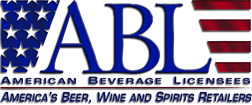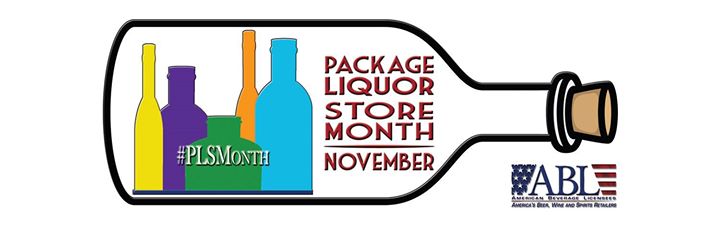February 14, 2022 – Bethesda, MD – American Beverage Licensees (ABL) issued the following statement in response to the release of the National Highway Traffic Safety Administration (NHTSA) report evaluating Utah’s .05% BAC per se law:
“For decades, beverage licensees have urged adult consumers to drink responsibly and drive responsibly. Through staff training, support of programs like SafeRide, and partnering with ride share companies, beverage retailers and other like-minded groups are part of an effort that has seen drunk driving fatalities on our nation’s roadways decrease 52% since 1982.[1] Still, beverage licensees recognize that despite this progress, there is more work to be done to address this problem.
“It’s good news that roadways are getting safer in Utah, but the NHTSA study does not prove all the progress is due to just one law. The study falls short of being definitive about Utah’s .05% BAC law’s role in reducing traffic fatalities as evidenced by “Figure 1. Fatalities per 100 Million VMT (FARS Data).”[2] As the chart shows, a decline in Utah fatalities began as early as the last half of 2014, more than three years before the .05% BAC law went into effect on December 30, 2018. The multi-year downward trend suggests that other traffic safety approaches were already in place to help make roadways safer. It is a big leap to assume that the reductions were all due to the .05% BAC law, particularly when the study fails to breakdown how many traffic fatalities were due to alcohol.
“As legislators in other states evaluate ways to address drunk driving, they should be using complete data to make decisions. States need to see the full picture before making decisions, which includes recognizing that Utah remains an outlier among all other states that currently maintain .08% BAC drunk driving limits. Lawmakers and highway safety stakeholders in all but one state have identified that cutting the legal limit nearly in half is not the approach that most sensible Americans support, nor the most effective way to address long-term drunk driving problems.
“At the federal level, Congress opted against including .05% BAC language in bipartisan transportation legislation that passed in November 2021, and the Department of Transportation (DOT) has signaled that its strategy does not include lowering per se BAC laws to .05% BAC. The DOT has, however, indicated that roughly two thirds of all alcohol impaired fatalities involve high blood alcohol levels with a BAC > 0.15%.[3]
“Just as any technology for new vehicles should not function as a deterrent to reasonable adults who wish to responsibly enjoy their favorite beer, wine or cocktail at their local bar, restaurant, or neighbor’s home, states should also refrain from using incomplete data to implement laws that target today’s responsible adult consumers.”
###
[1] https://www.responsibility.org/alcohol-statistics/drunk-driving-statistics/drunk-driving-fatality-statistics/
[2] https://ablusa.org/wp-content/uploads/2022/02/Fig-1.-Fatalities-per-100-Million-VMT-FARS-Data.png
[3] https://crashstats.nhtsa.dot.gov/Api/Public/ViewPublication/813120

 Holiday Week Highlights Package Liquor Store Month this November
Holiday Week Highlights Package Liquor Store Month this November